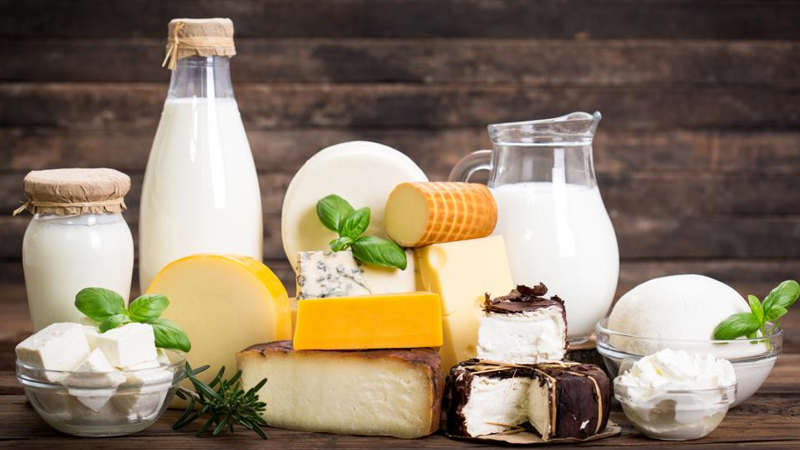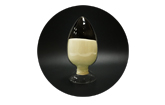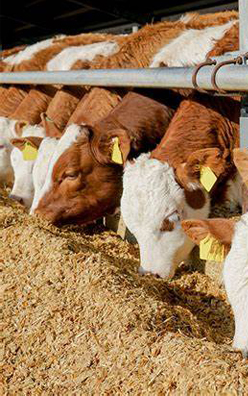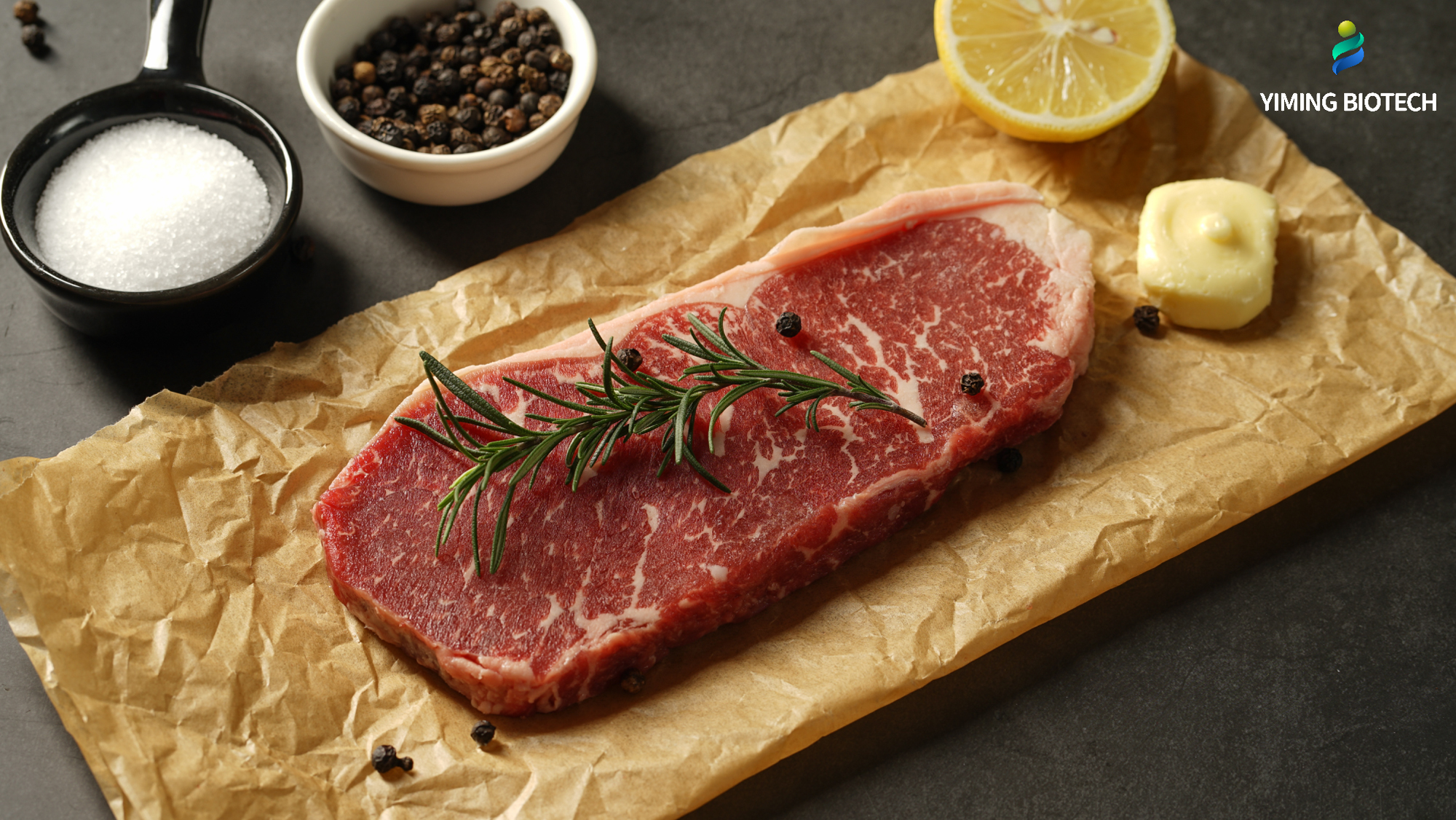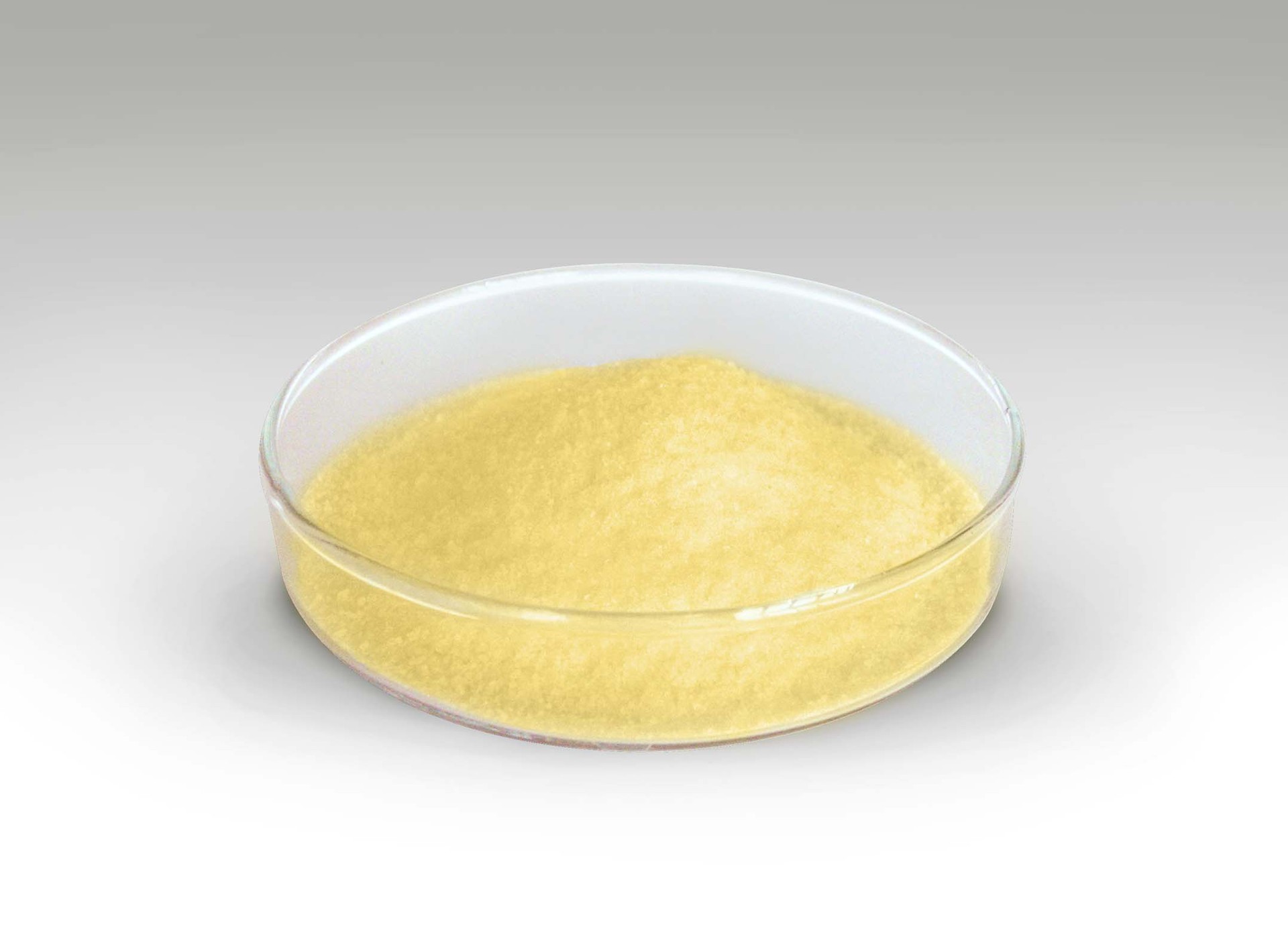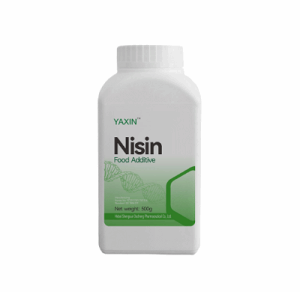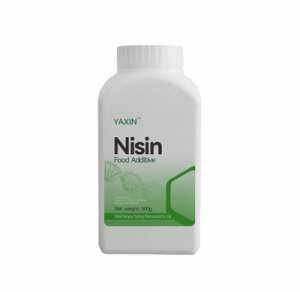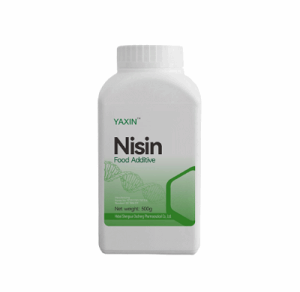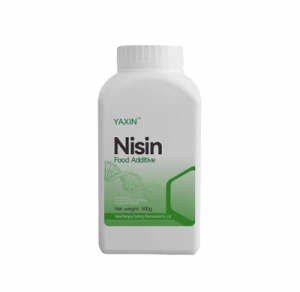Natural Food Enhancers In Yoghurt
As one of the enzyme manufacturing companies, Jiangsu YimingBiological Technology Co., Ltd., founded in August 1998, is a high-tech enterprise integrating R&D, manufacturing and sales. It boasts three modernized factories covering a total area of 175,000 m2 in Jiangsu province. It also has an R&D base with a team of more than 30 professional researchers.
The reason why milk fermented into yogurt is inseparable from yoghurt enzymes lactic acid bacteria. There are many kinds of them, the common ones are Lactobacillus, Streptococcus lactis, Bifidobacterium and so on. Under anaerobic conditions, the original natural yogurt enzymeslactic acid bacteria in the milk or artificially added lactic acid bacteria can decompose the lactose in the milk to produce a large amount of lactic acid, which causes the pH of the milk to drop and the milk becomes sour. The acidic conditions can make the milk cheese protein agglomerate and precipitate, so that the milk begins to thicken and become sour and thick yogurt.
Preparation of Yoghurt Products
Ingredients
pasteurized milk 100kg
gelatin 0.55kg
sugar 9kg
transglutaminase (TG 100U) 0.04kg
Are Enzymes Used in Making Yogurt?
Yogurt requires fermentation, and fermentation requires the participation of microorganisms, that is yoghurt enzymes. Because there are a lot of bacteria in the environment, we must sterilize the raw milk and fermentation equipment before fermentation. In fact, making yogurt is not as simple as we thought, it is recommended to practice more according to the production methods recommended by nutritionists or professionals. At the same time, in the production process, it is necessary to sterilize thoroughly, ensure utensils and personal hygiene, so that safe and delicious yogurt can be made.
Advantages of Using Enzymes in Yogurt Production
Reduce syneresis
Enhance the gel strength
Improve the viscosity and consistency
Reduce or replace the usage of emulsifiers or stabilizers
Cut cost by reducing proteins and other additives
Yogurt Production Process
Step 1: preparation: 85% pasteurization
Step 2: add TG and keep at 50°C for 30mins
Step 3: add 9% sugar and 15% milk pre-dissolved gelatin
Step 4: homogenization: 95% pasteurization
Step 5: cool to 40°C, then start fermentation
Step 6: end of fermentation (pH=4.30)
Step 7: after-ripening (store at 4°C for 12hrs)
Related Natural Food Enhancer
TG-DR Transglutaminase for Dairy
在线联系供应商
Other supplier products
| Seafood Enzymes | Fish Tofu Product: TG-B Advantages: lImprove texture and elasticity lPrevent splitting lIncrease water-holding capacity and yield lReduce syneres... | |
| Calcium Propionate | As the leading provider of food enhancer, Jiangsu Yiming Biological Technology Co., Ltd. mainly engage in bio-engineering of natural food additivea... | |
| A-amylase | Jiangsu YimingBiological Technology Co., Ltd., founded in August 1998, is a high-tech enterprise integrating R&D, manufacturing and sales. It b... | |
| Agar-agar | As the leading provider of food enhancer, Jiangsu Yiming Biological Technology Co., Ltd. mainly engage in bio-engineering of natural food additivea... | |
| Yiming@biotechnology | Jiangsu YimingBiological Technology Co., Ltd. is the leading provider of food enhancers, integrating scientific research, manufacturing, production... |
Same products
| Phospholipids as natural amphiphilic lipids | 卖方: 818687 | Phospholipids, as natural amphiphilic lipids with unique structural and functional properties (co... | |
| Nisin Powder Price 1kg | 卖方: Hebei Shengxue Dacheng Pharmaceutical Co., Ltd. | Poor stability in certain environments (e.g., neutral pH, high-fat matrices) can be addressed via... | |
| Nisin's stability during storage | 卖方: Hebei Shengxue Dacheng Pharmaceutical Co., Ltd. | Nisin’s stability during storage directly determines its shelf life and efficacy in end pro... | |
| Nisin | 卖方: Hebei Shengxue Dacheng Pharmaceutical Co., Ltd. | Nisin’s stability is significantly affected by interactions with food components, which alt... | |
| Nisin Powder Price | 卖方: Hebei Shengxue Dacheng Pharmaceutical Co., Ltd. | Nisin’s unique cross-linked structure confers heat resistance, a key advantage for high-tem... |





